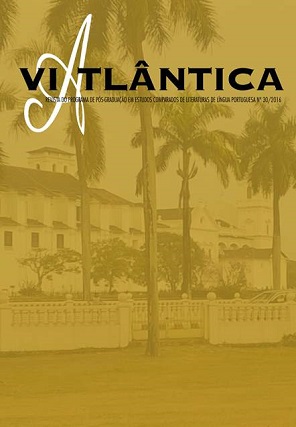Madness and writing in L'armata dei sonnambuli, de Wu Ming
DOI:
https://doi.org/10.11606/va.v0i30.107987Keywords:
madness, Wu Ming, French Revolution, FoucaultAbstract
La armata dei sonnambuli (2014) is the last novel by the italian group of writers Wu Ming. By their own speech, it is a summa of twenty years of experiments on the forms of the historical novel. The writers tell the history of French Revolution by a latera point of view, setting part of the events in Bicêtre asylum in 1793. For this reason they refer to the Historie de la folie a l’age classique, by Michel Foucault, and especially to its republication in Italy in 2011, where the curator Mario Galzigna include the first preface of Foucault (1960). By Foucault’s suggestion, Wu Ming tell a diffent story of the Revolution and go even further, trying to translate the “antagonism” of madness in their writing.Downloads
Downloads
Published
Issue
Section
License
Copyright (c) 2016 Paolo La Valle

This work is licensed under a Creative Commons Attribution 4.0 International License.
Authors who publish with this journal agree to the following terms:
- Authors retain copyright and grant the journal right of first publication with the work simultaneously licensed under a Creative Commons Attribution License that allows others to share the work with an acknowledgement of the work's authorship and initial publication in this journal.
- Authors are able to enter into separate, additional contractual arrangements for the non-exclusive distribution of the journal's published version of the work (e.g., post it to an institutional repository or publish it in a book), with an acknowledgement of its initial publication in this journal.
- Authors are permitted and encouraged to post their work online (e.g., in institutional repositories or on their website) prior to and during the submission process, as it can lead to productive exchanges, as well as earlier and greater citation of published work (See The Effect of Open Access).



















